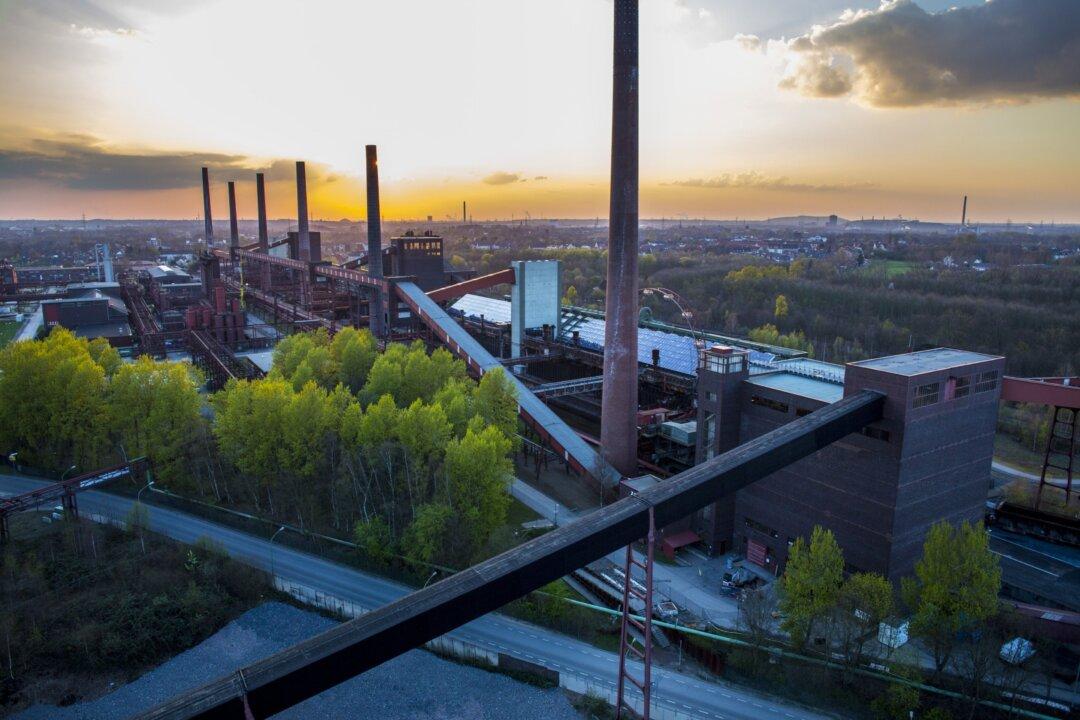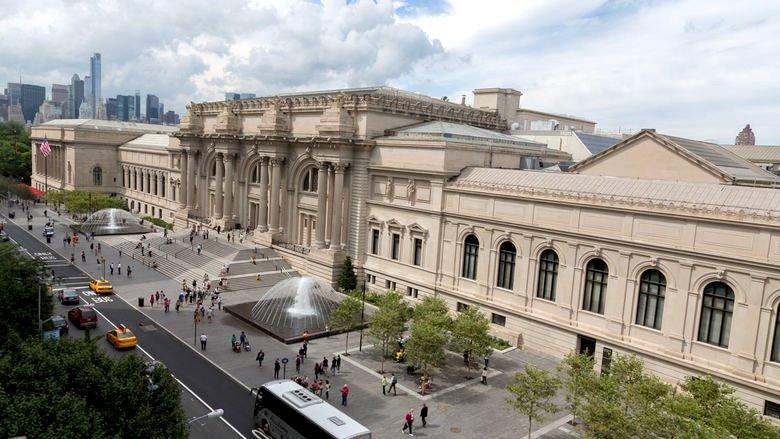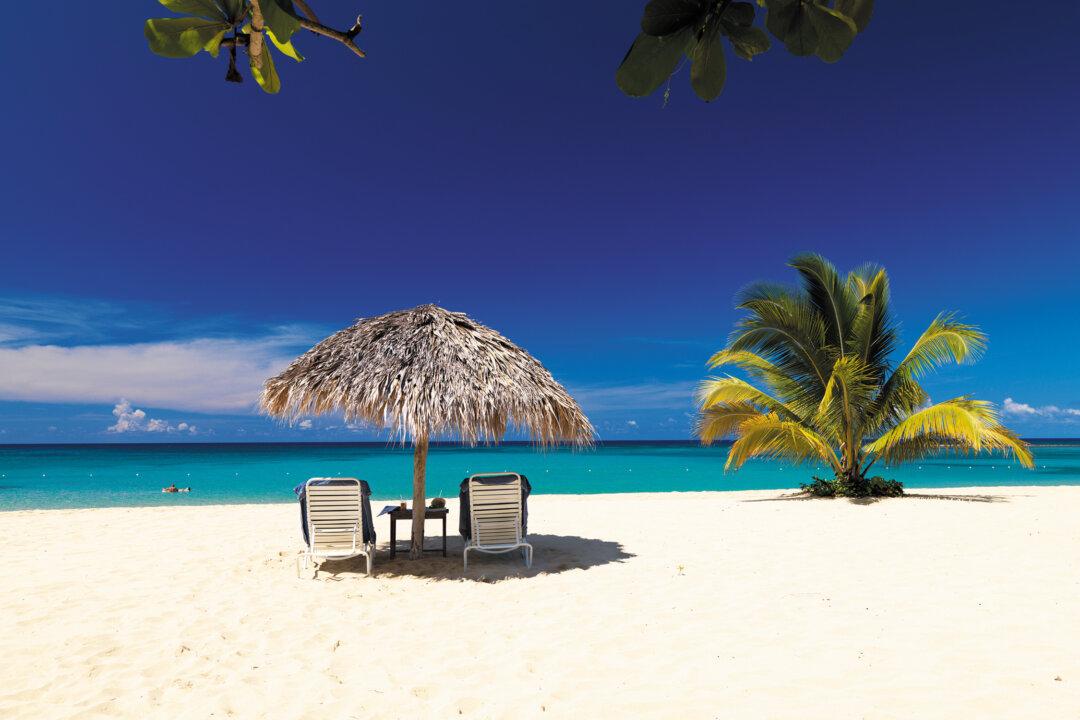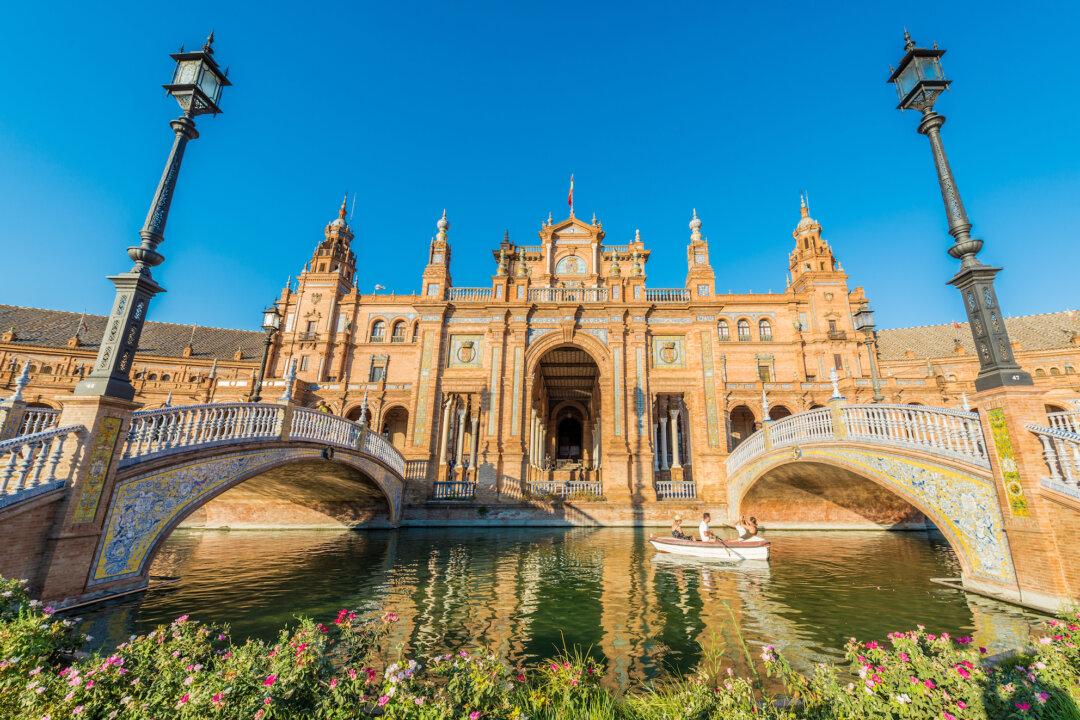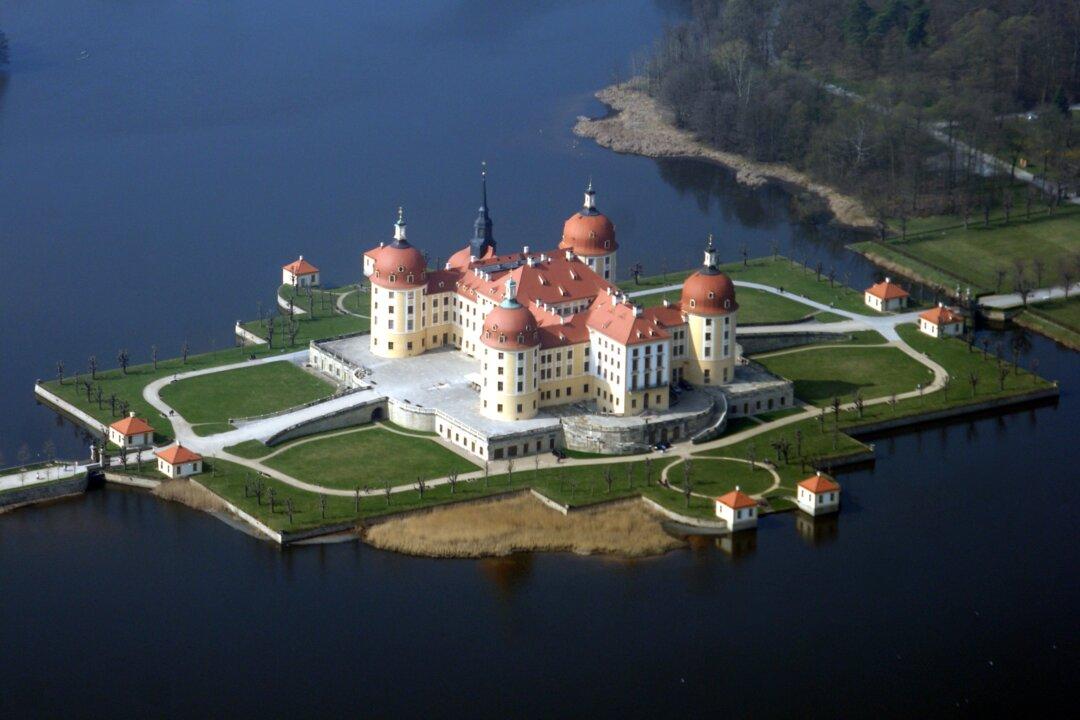When I checked the German-English dictionary for the word “essen,” the translation was “to eat.” But how is it that Essen, located in Germany’s Ruhr region, transitioned from being Europe’s biggest coal-mining city in the 20th century to one of the continent’s largest “cultural parks” while snagging a UNESCO World Heritage Site designation along the way?
It has nothing to do with food, as we found out on a recent visit to the immense Zollverein Coal Mine Industrial Complex, which is part of Germany’s Industrial Heritage Trail and chronicles 150 years of the rise and fall of the country’s coal-mining industry.
The entire complex measures 247 acres, the size of 100 football fields. There are museums, a performing arts centre, a university of the arts, and a conference centre, as well as bike rental stations to get you around if you don’t feel like walking. There’s also an excellent restaurant called Casino Zollverein, housed in a building that was formerly a low-pressure compressor facility.

